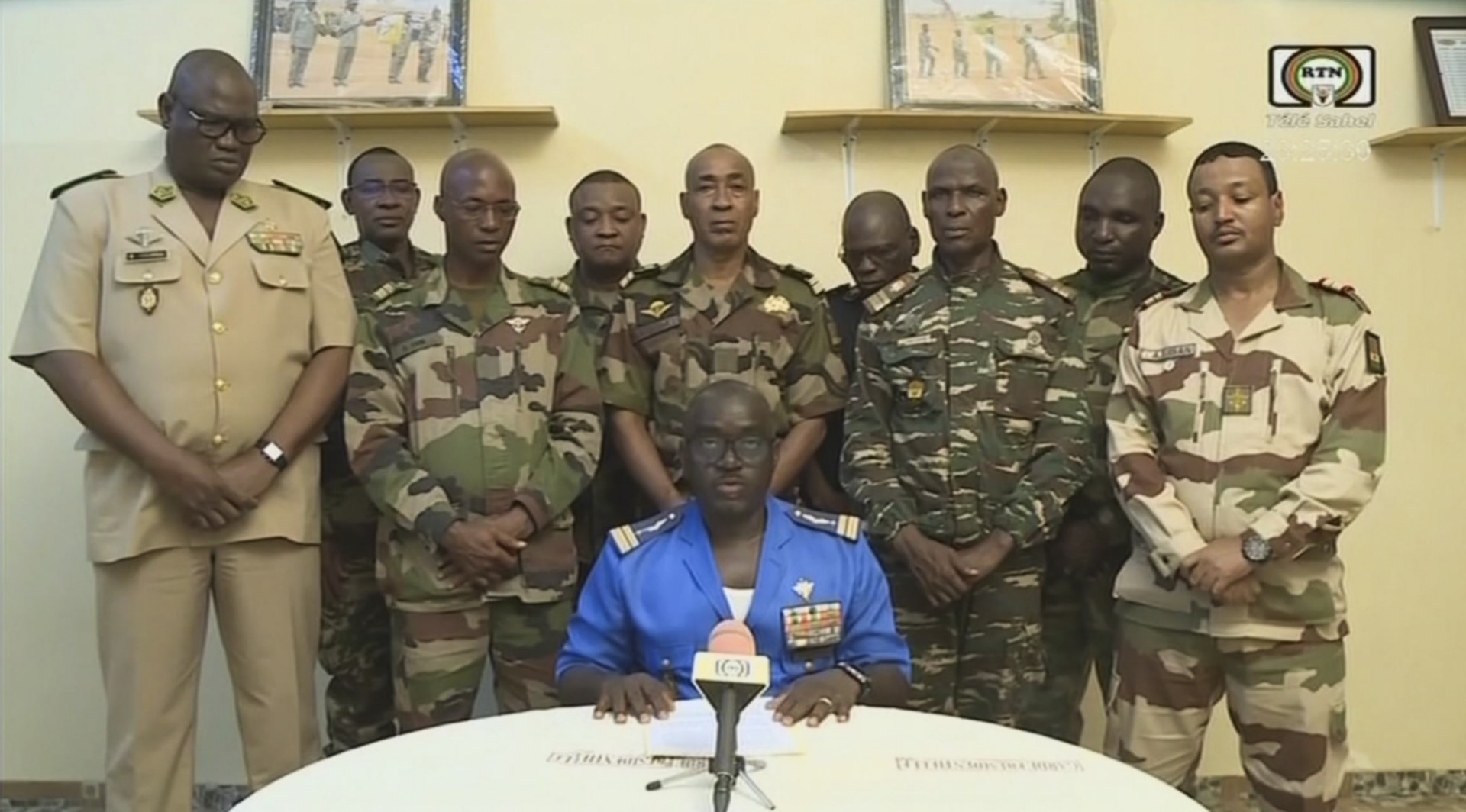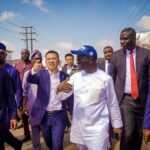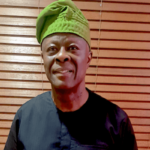Roughly three years ago, I penned my thoughts on the impending coup culture in Africa in the pages of this Daily Trust column, dated August 23, 2020, with the title, ‘A Warning Shot from Bamako’. In those lines, I underlined the implications of the coup that had just unfolded in Mali, casting a discerning gaze towards the far-reaching consequences for democracies delicately woven across the continent. “Africa must prepare for the shockwave of the coup,” I wrote, and that it “transmits signals capable of disrupting the continent’s fragile democracy.”
But what bothered me then, as it does now, is the dangerous portrayal of coups as people-centred revolutions, with the media also partaking in the romanticization. The narratives of the removal of President Mohamed Bazoum from power in Niger, with no rational and coherent motive given, represent a frustrated attempt to villainize him, portraying those who truncated a legitimately-elected government as heroes. What is playing out has gone beyond a standoff between ECOWAS, which has declared its opposition to the coup, and the coupists. It involves an internationally-orchestrated propaganda that dispenses anti-West sentiments and half-baked references to foreign interferences in order to legitimize an unmistakably illegal government in Niger.
The coup in Niger is the fifth successful one in West Africa since 2020 and serves as a wake-up call for the region. The danger isn’t that the junta would impose itself on the people or prolong its stay in power, but that the forced isolation and sanctions available to be deployed to disarm the military governments may not be an effective strategy.
The 2023 Russia-Africa summit provided the region’s illegal governments, especially Mali and Burkina Faso, with an avenue to demonstrate that they have an alternative to the West. It’s quite easy to fall for such pseudo-populist stunts by the usurpers, because the continent is programmed to perceive the West as the enemy. However, the assumption that Russia would always be a sanctuary for badly-behaving African countries in need of foreign aid, grants and loans is a mistaken optimism.
The resort to exploring populist rhetoric to oppose the West, especially by countries with neither the strategy nor the vision to sustain economic independence, is a familiar deflection tactic. Populism became a problem in Africa when it transformed into a long-term strategy. It should ideally be a short-term solution to address a nation’s immediate social problems. The consequence, half a century later, is a collection of societies too reliant on government handouts and financially struggling to sustain themselves. This makes Africa a fertile place for every criminal willing to cite Thomas Sankara or Che Guevara to justify their anti-state agenda.
So, ECOWAS isn’t the villain of the story being told about the Niger coup. The larger implication of the coup culture becoming a norm in West Africa threatens the stability of the region, and union deserves commendation for doing what they should to emphasize the gravity of the coup. They have access to more intelligence on the region’s security crisis than any observers, and whatever decision they settle for in the long run, Nigeria must have the main say in its practicality and consequences because, aside from President Bola Ahmed Tinubu heading the body, Niger is a neighbour with whom Nigeria shares too many interests, stakes and cultures.
Nigeria is one country that can’t afford to overlook the coup in Niger. So, even with our local economic challenges, the president’s assertive presence isn’t the misplacement of priority it’s perceived as in the foreign-led trending propaganda around the coup. Even if the military eventually remains in power, Niger would always remain a critical ally in Nigeria’s war against terror and in the larger stability of the region.
The emergency security and foreign relations experts expecting an immediate military intervention or Nigeria’s utter disinterest in Niger probably underestimate the ripple effects of both choices. The diplomacy so far is in order, and the world must preach and wish for a peaceful resolution without resorting to making the criminals the heroes they are not. We can’t be more informed than the intelligence community working to solve this problem.
West Africa is enough proof of the futility of coup. If, for instance, Nigeria’s democratic experiment as an independent nation had not been disrupted by needless military coups in 1966, and then more and more after that, until our institutions vaporized, the country would have had a much-evolved democracy today. So, it’s scary that Niger Republic, which returned to democracy in 2011, is on the path to a story that hardly ends well. It’s only those with no sense of history or those unborn when the military ruled that would rationalize the return of the junta.
There’s no such thing as a good coup. The only good path is through elections, which would always be nobler than supporting a bunch of self-serving or opportunistic characters wielding guns and armoured tanks to seize power, only to then orchestrate a series of murders to stay in control.
Those who witnessed even the last gasps of the military regimes in Africa must have sufficient knowledge to share that it’s a climate of fear one wouldn’t wish upon even their worst enemies. The usurpers in khaki are not more patriotic than the politicians they villainize and cite as the trigger for their locust harvests. The whole sweet talk about fighting for the welfare of the people is a wild fantasy that always unravels.
However, there’s only so much propaganda warfare can achieve. Soon, reality would kick in, and the coupists would realize that Moscow isn’t cold enough to calm the streams of expectations from a government with no legitimacy to represent the interests of their states. Beyond the shores of their states, they would also realize that surviving in the international system as a state requires learning never to wound what one can’t kill. You can assert your independence and still collaborate with great powers. The belief that you can disrupt the liberal international order through a beggarly alliance with a pariah state already reveals your lack of statecraft.
The currency of the international system is interest, and the day Moscow redeems itself, either through a change of leadership or a compromise, these client-states from Africa would realize the bitterest twists of international politics. No country is ever an unconditional friend, and perhaps an extensive reading of Kissinger may provide these latter-day Boy Scout revolutionaries masquerading as people’s champions with a rare lens to remind them to tread carefully in what may become an economic nightmare for their people.

 Join Daily Trust WhatsApp Community For Quick Access To News and Happenings Around You.
Join Daily Trust WhatsApp Community For Quick Access To News and Happenings Around You.


